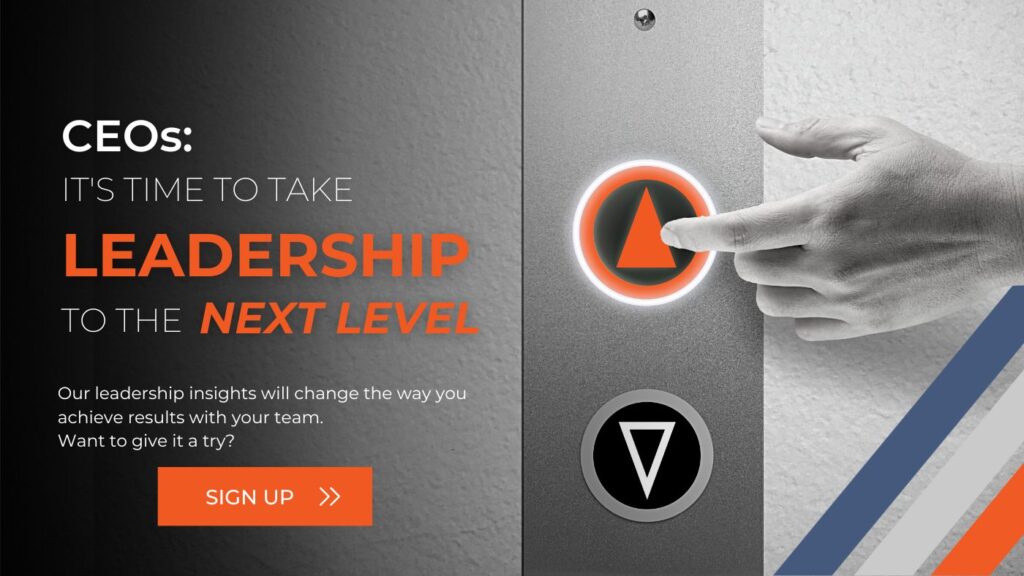BIG IDEA:
Surveillance of workers has increased during the pandemic.
Do you use tech tools to monitor your employees’ productivity? There are plenty of these tools available, and evidence shows that employers have been using them more during the pandemic. Companies that make surveillance technologies have reported a significant growth in their business during the pandemic. One such company, Awareness Technologies, says its business has tripled.
These tools offer managers incredible detail. One woman who spoke to NPR about the issue said that the marketing company she works for can remotely access her webcam to take a picture of her every 10 minutes, and pop-ups on her screen will warn her that her time is being paused if she’s away from her desk even for a couple of minutes to use the bathroom. Even a simple software package like Microsoft 365 can tell managers how many emails an individual employee sends and how much they contribute to things like group chats or documents in a shared drive.
WHY IT MATTERS:
Surveillance is a sign of a low-trust culture.
I’ve written before about how remote work tests the level of trust in an organizational culture. A 1960s management theory argues that there are two basic approaches to management, Theory X and Theory Y. Theory X managers think people don’t enjoy their work, are only there for the paycheck, and need to be pushed to do their jobs. Theory Y managers assume that people find inherent satisfaction in their work and are basically self-motivated.
You can see how this dynamic would affect managers’ attitudes towards remote work specifically. If you basically don’t trust your employees to work unless you’re watching them, of course, these surveillance tools are going to be attractive. They will feel like the only way you can be sure your employees aren’t just slacking off all day. On the other hand, if you fundamentally trust your employees to do their jobs because they take pride in their work, taking a picture of them every 10 minutes to make sure they’re at their desk or docking their pay if they stop to pet their dog on the way back from the bathroom will seem absurdly intrusive and even cruel.
Ultimately, the tech tools themselves aren’t the problem. They’re just a symptom of the underlying disease: a toxically untrusting culture. And the trust issue may be at work at multiple levels. Surveilling front-line workers indicates a lack of trust in them to do their jobs, certainly. But it could also indicate a lack of trust in managers to do their jobs effectively.
There’s plenty of evidence that employees have been as productive working remotely as they were pre-pandemic. There’s also some evidence that most employees think their managers are doing a decent job: according to one recent survey, 76% of Canadians think their boss is doing well as a remote manager. So the perceived need for surveillance isn’t coming from actual problems with the quality of the work—it’s all about trust.
THE RISK:
Micromanagement probably won’t make your worst employees any better. But it could drive away your best employees.
It should go without saying that employees hate surveillance technology. They find it incredibly stressful and invasive to be constantly monitored. It’s demoralizing and even infantilizing to be watched all the time. It also adds additional anxiety in an already challenging time.
Here’s how the woman who spoke to NPR about the surveillance at her work describes it: “I feel like I’m not trusted. I feel ashamed of myself…It has really destroyed morale for everyone. And everyone has since kind of taken a step back and said, ‘All right, if this is how they’re going to treat us, why go the extra mile?’”
Her words speak volumes. When employees feel like they’re not trusted, it undermines morale. Worse, it destroys whatever self-motivation employees did have. When people feel like their employer is nickel-and-diming them, they tend to respond in kind.
The harsh truth is, if you have an underperforming team member, surveillance won’t fix that. When someone isn’t performing, it’s your job as a manager to address the issue head-on, so you can figure out what’s making this person struggle and whether the problem can be fixed.
Micromanagement and surveillance can’t turn an unmotivated or unskilled employee into a star. But they can and will undermine the motivation of hardworking employees and encourage them to withhold their best work. It may even push them out of the company altogether—the woman interviewed for that NPR article has taken unpaid leave rather than deal with all the surveillance, and at the time the article was published, she was looking for a new job.
WHAT TO PAY ATTENTION TO:
Focus on results, not time on task.
Ultimately, for knowledge workers, results at work aren’t as much about time on task as they are about talent, clarity of purpose, and commitment. And even workers on an assembly line or in a front-line service role do better work when they’re well-rested and fresh.
If you as a leader set clear expectations for your team, you don’t need to monitor their minute-to-minute activity. All you need to do is measure results. Are people meeting the expectations you’ve set out for them, or not? If they’re not, you need to have a performance conversation. If they are, there’s no need to micromanage when or how they’re getting the work done.
If you can’t trust someone on your team to get their work done, they’re not the right person for your team. The solution is to tackle the performance issue and exit them if needed—not to waste your time as a manager looking over their shoulder and micromanaging them.
Surveillance of remote workers has become a key leadership issue. Just because we have the technology to monitor everything a remote worker does, doesn’t make it the right thing to do.
Should leaders be surveilling their remote employees?
Gut Check for Leaders
Read more:
- How a 1960s management theory explains the tension around returning to work today
- Do you undermine the confidence of those you lead?
- The ultimate guide to micromanagers: signs, causes, solutions
More Leadership Resources
We have many resources to help you become the most accountable leader you be, develop accountable leaders on your team, and scale leadership accountability across your organization.
Signup for our monthly newsletter with the latest Gut Check for Leaders, Lead the Future Podcast, and other important leadership accountability news.





